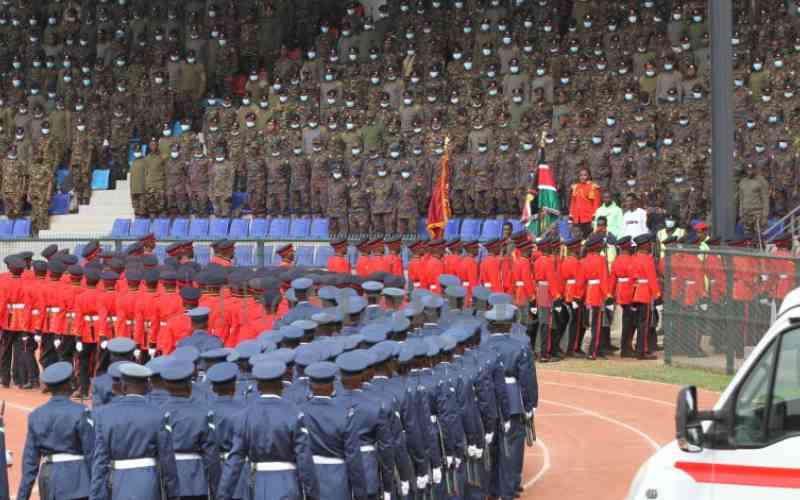×
The Standard e-Paper
Fearless, Trusted News

Kenya, like many other developing nations, grapples with a range of security challenges. From political unrest to dwindling resources and economic instability, the country faces a complex landscape.
While we ponder over the reasons behind these challenges, it's important to acknowledge that Kenya is fortunate to be situated in a tropical region with relatively warm temperatures year-round, shielding it from the extreme weather conditions experienced in other parts of the world.